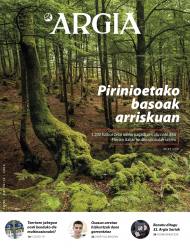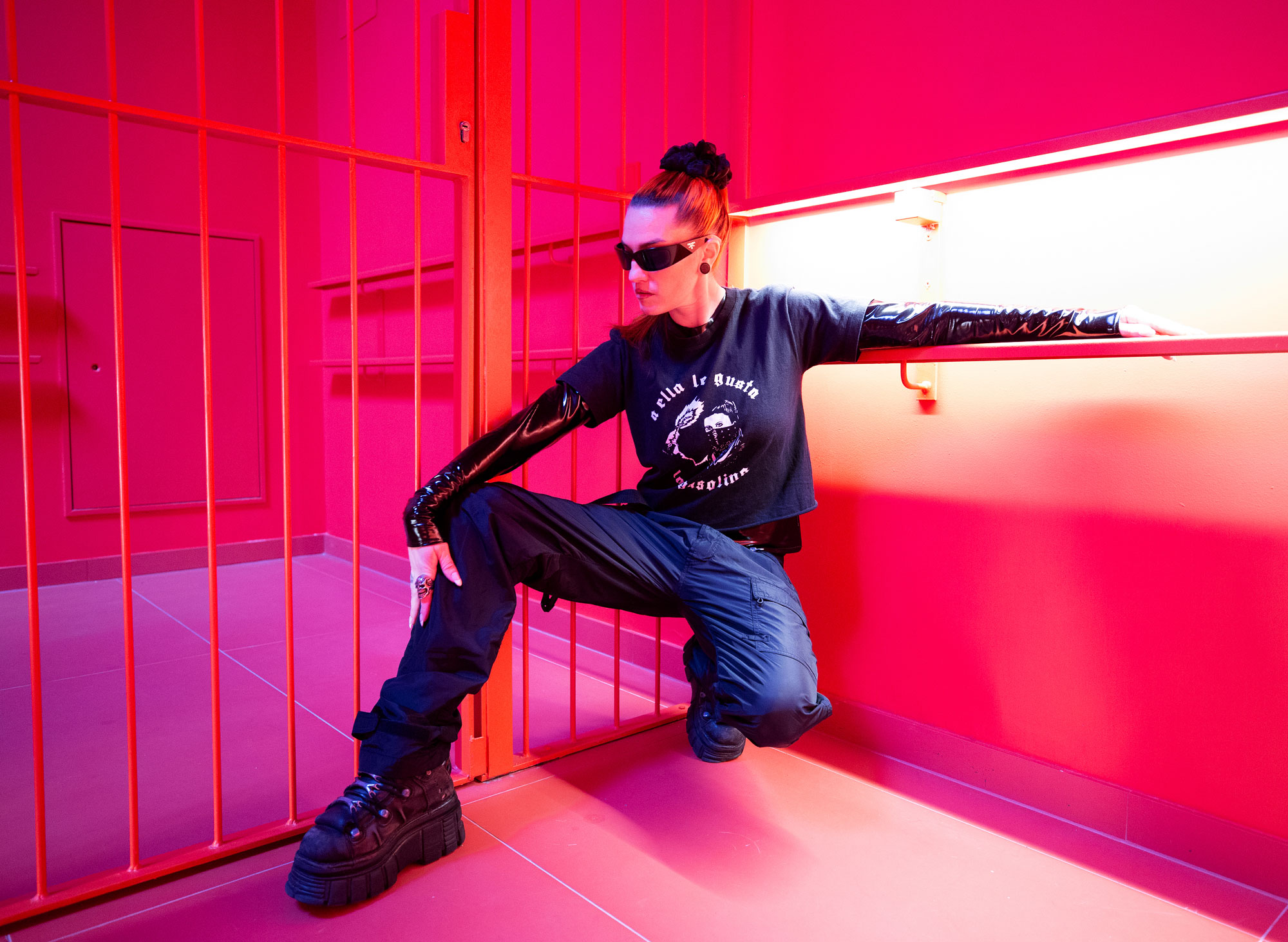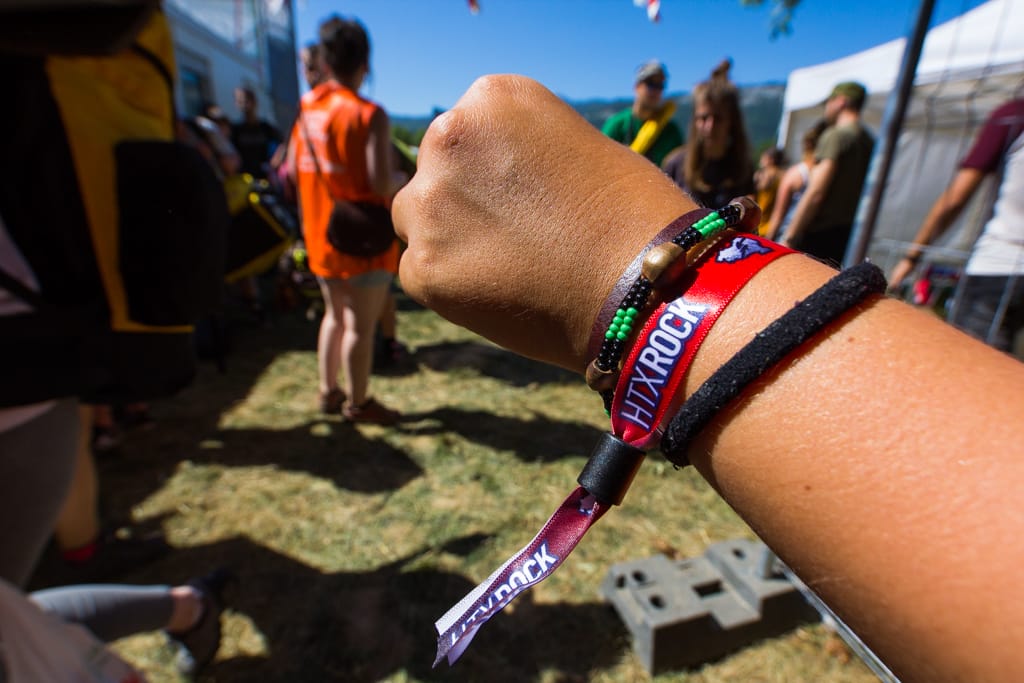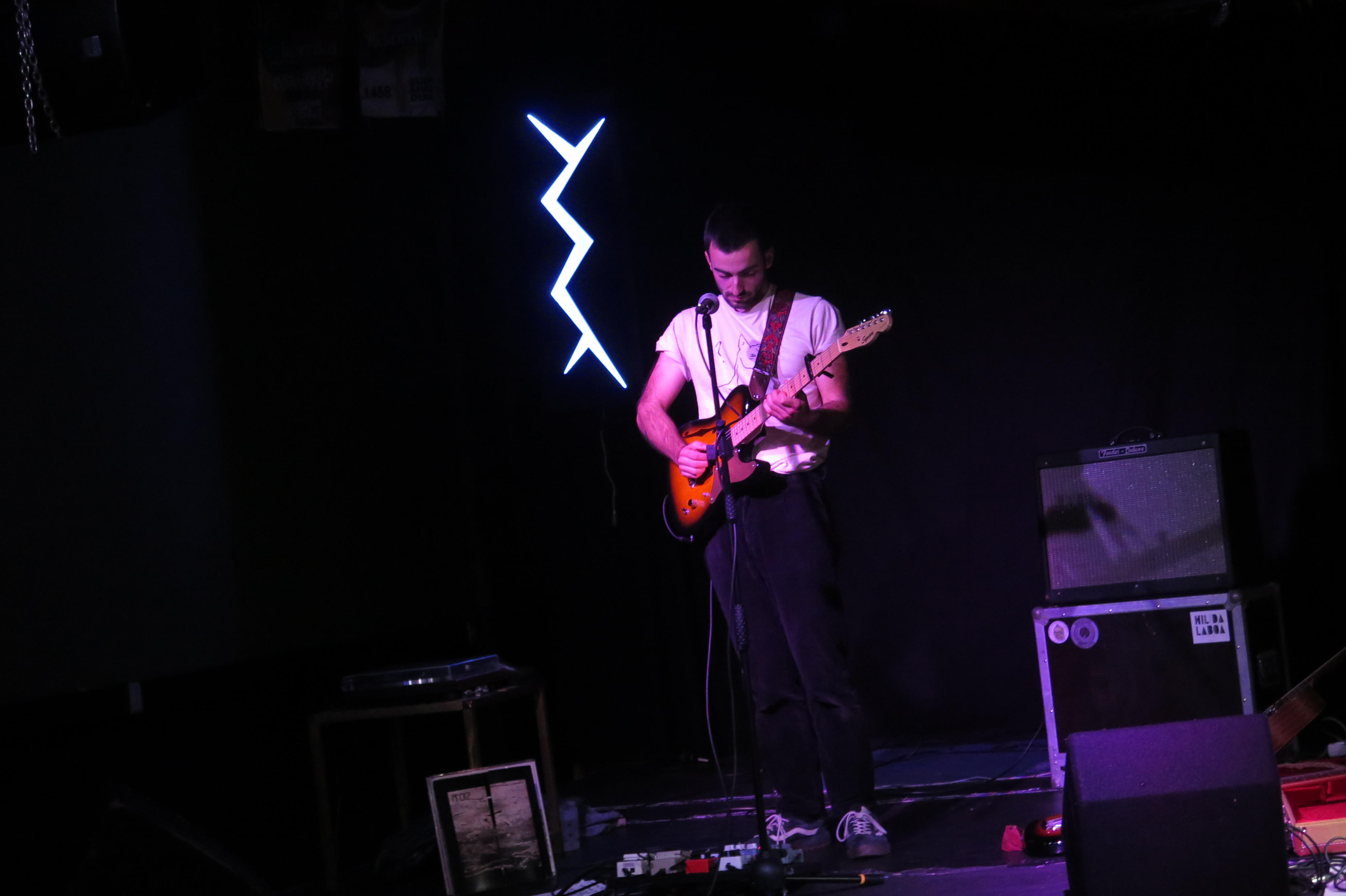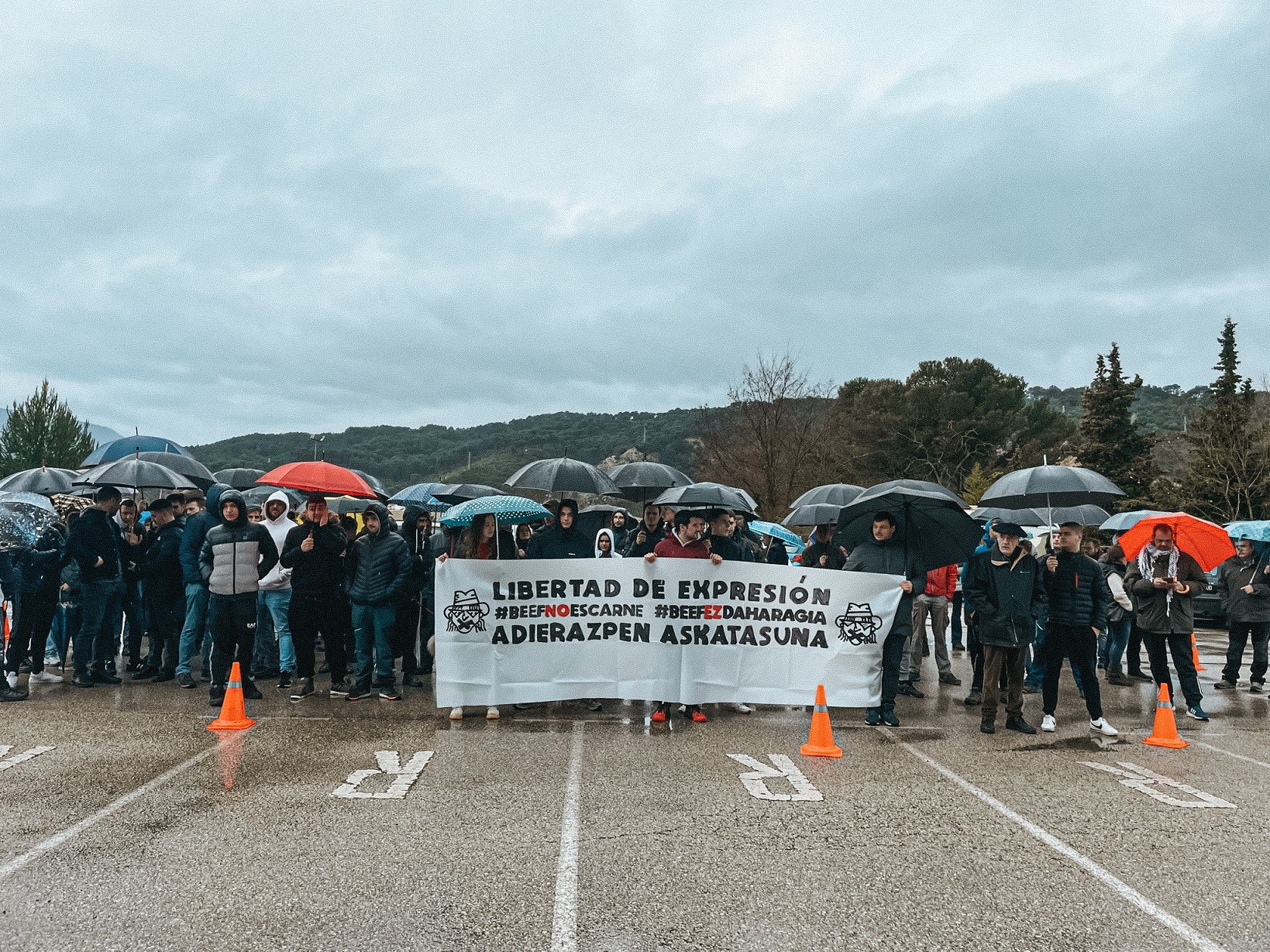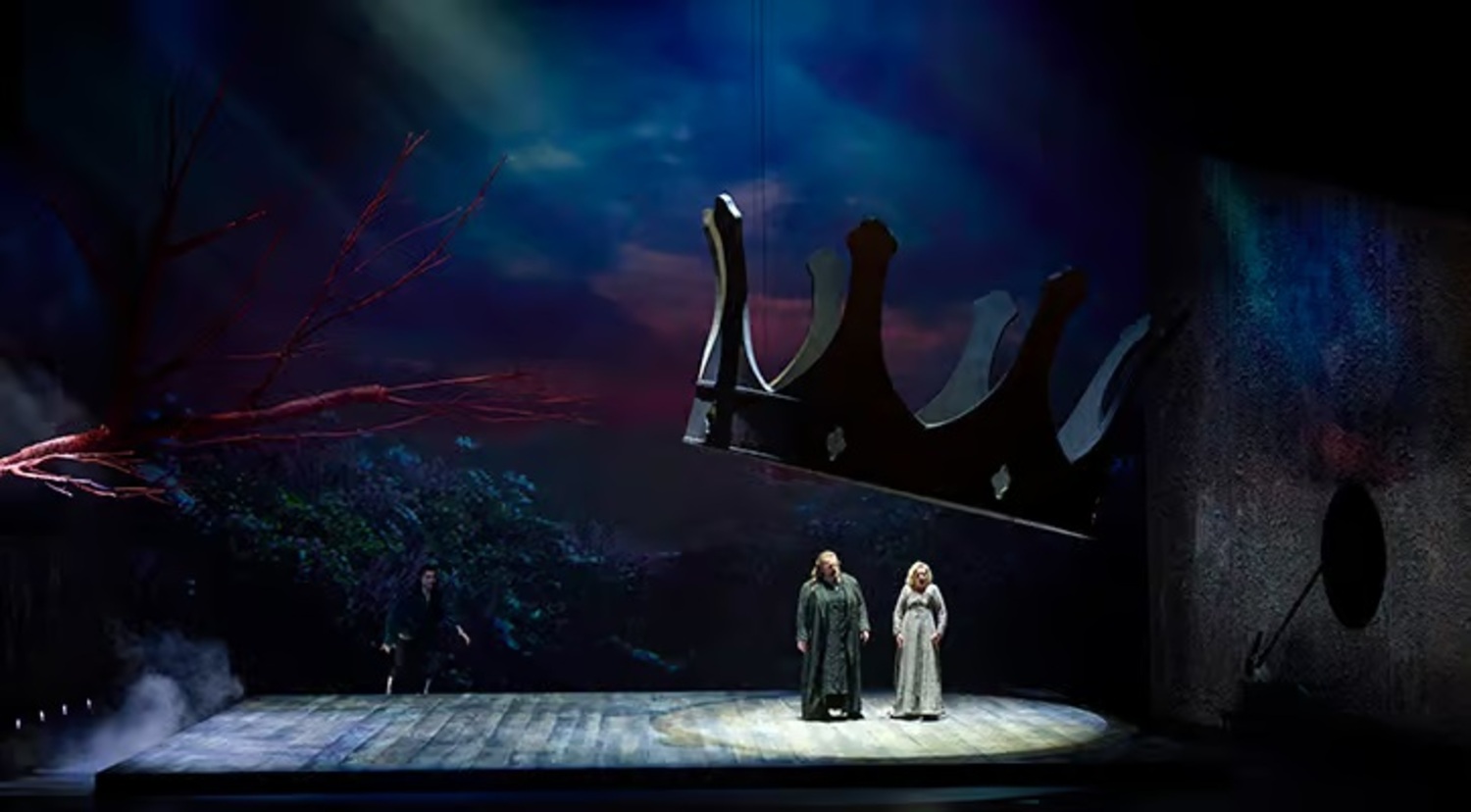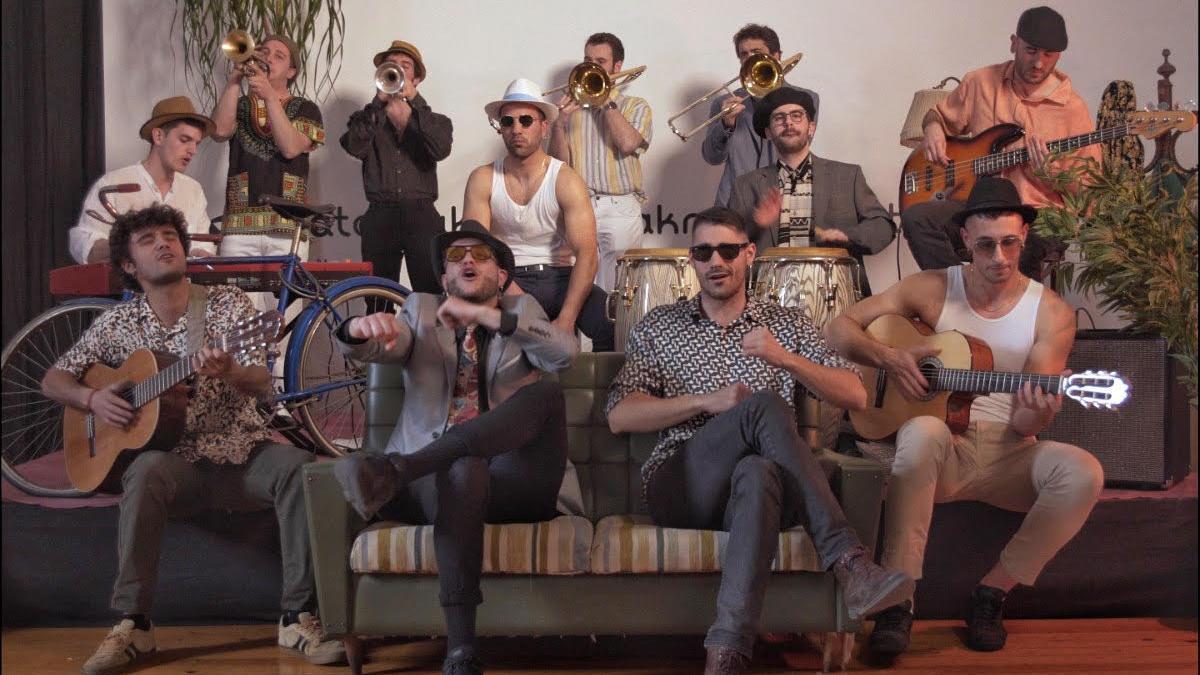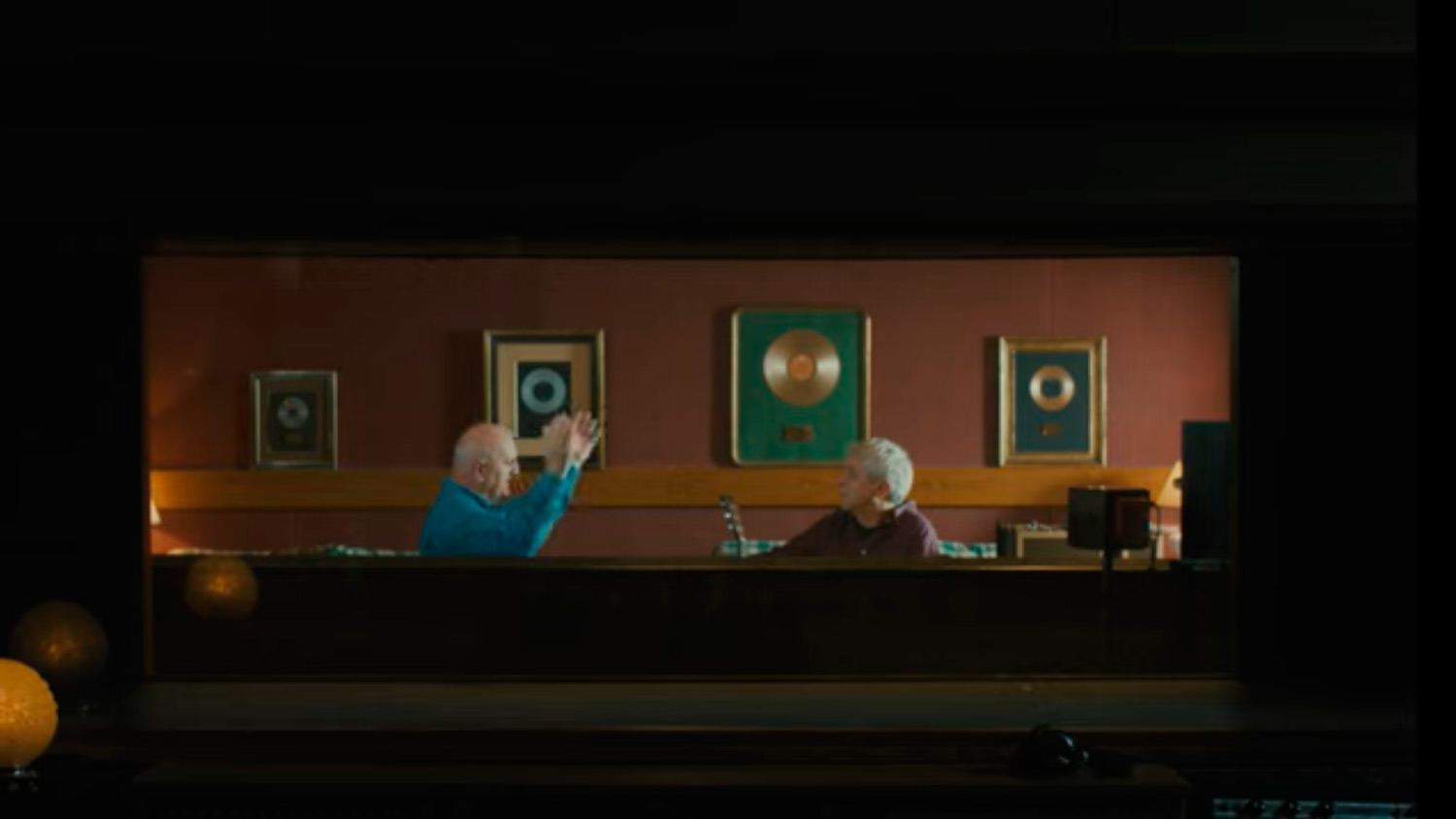"Political criteria cannot be established by saxofoikada"
- He says that 40 years ago it works with the same technology, just as much to change a shoe to the saxo as to match a lump to the trumpet. Based on the recovery of the Gaita, founder of the famous txaranga Jarauta 69, and the trustworthy luthier of many musicians, he looks at life, his and music from the window of the Haizea music store of the Gran Vía de Pamplona. You will not be easily abandoned: “No honey, I have no intention of withdrawing.”
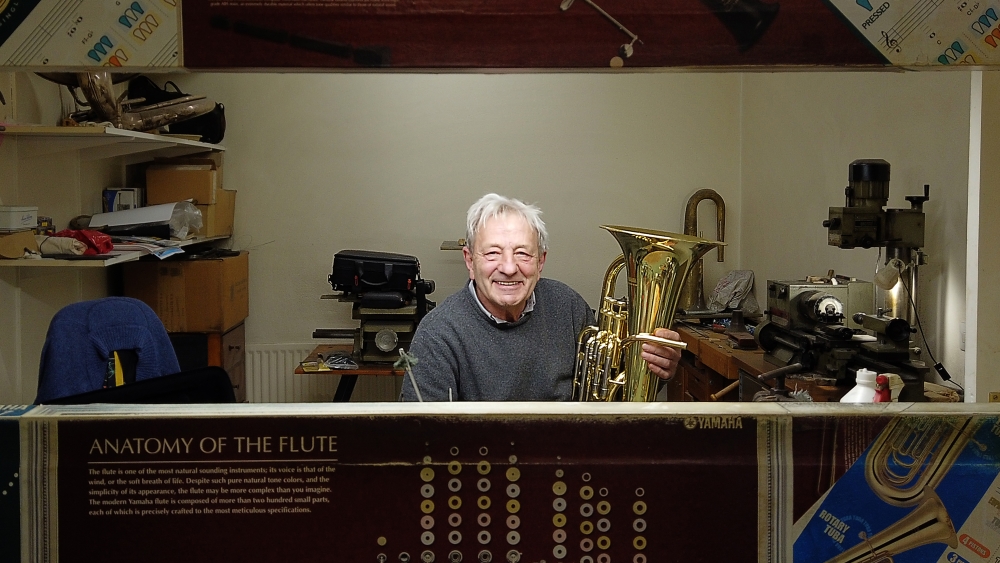
It all started with the baggy.
My brother, when I was shocked to bed in school, said to me, "Start studying with me wander or I'll tell my mother."
Why did he want me to stick him?
At this time, Gaiter couples used to be brothers. Brothers Pérez, brothers Elizaga, brothers Montero... The brothers were easily rehearsed, they lived together in the same house, so it was a great opportunity wager. In addition, my brother knew me and knew I had tried.
How did she get into your house? Her
brother, who since the age of fourteen was playing the Txistu, fell in love with the Bagite. It was an instrument that was in the process of disappearing, but of course there was no association that would protect the animals that were disappearing. And so you had to work, reproduce, rehearse and learn those little animals at home. We had a cache like this one, a magnetophone, and with it we followed all the Irish men of the world to see how and what they played. We turned around and turned around, looking for old baggers, asking for information and repertoire. There began this work, which Javier (his brother) has extended until today, making this species in the process of extinction an expansion that has sometimes become unbearable.
You were hiding behind the Gaiters.
Of course, because they didn't want to transmit anything, they didn't want to lose their little monopoly. Then there were three or four couples, which were called for all peoples, and the presence of another brought with it the need to distribute the cake. In 1966, taking advantage of the disappearance of one of the four couples participating in the sanfermines, we went to the City Council of Pamplona to get hired. And they did. Shortly after, in 1968, I went to Paris, until 1978.
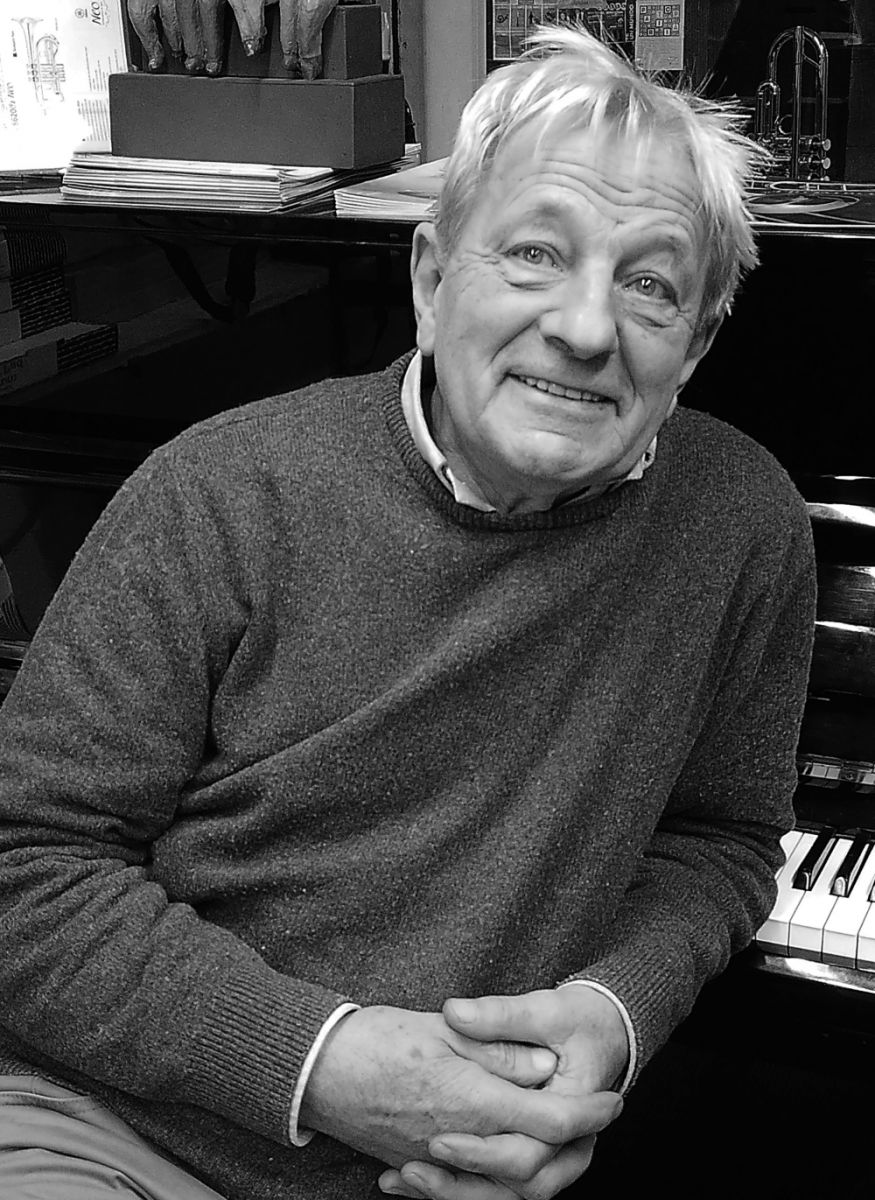
What did you find when you came back?
I studied the trade in Paris, where I got machinery and supplies. On the return, for family reasons, I settled in Pamplona. The musical panorama of Navarrisis was devastating. Most of the bands were dissolved, if there was La Pamplona, La Tafallesa and some more, but few. There was no music school, and the conservatory was just a small school. There were not many musicians. Fortunately, by the time I arrived, my predecessor, the only instrument I had repaired, had already disappeared.
You took your place and opened the Haizea music store.
Yeah, and that's when he started creating work. At first I worked mainly on the restoration of ancient musical instruments. But in parallel, in the 1980s, the rebirth of music began in Navarre; bands began to revive, music schools appeared, etc. This meant, of course, an increase in the sale and maintenance of wind instruments.
Has the picture changed a lot since then?
The truth is that we come from absolute misery. Evolution has been brutal. The current level of students and professionals has nothing to do with that of the time. Now it touches everybody, and OK. Another thing is that music is, in general, a neutral culture: by saxofoikada you cannot establish political criteria. It can be done by a writer or painter, but the music is more neutral, so it received the support of all the institutions, both on the right and on the left. Of course, it is one thing to be neutral, but that does not mean that it cannot be used for one or the other. Where to play, that also influences. Ours, for example, has been the charanga of all demonstrations.
What is the charanga Jarauta 69 for you?
Jarauta [69] has been, is and will be a group of friends who want to express themselves through music. We put together a group of people from the same culture, and we've moved to have a good time. Musicians are the ones who do best, and if they have fun, people have fun. For us, the charanga is the main way to live the fiestas.La music
and the party come from the mano.La people
need parties, and learning a music instrument involves playing in groups. As a result, musical groups have been created for all types and needs, from Baluarte to the kiosk of Plaza del Castillo or Jarauta Street. On the other hand, culture is always developed according to economic parameters: in a country with a low economic level, the cultural level can be original, but it will always be low cost. It's no accident that wind instruments open up much more than rope instruments. It's much more expensive to train a good violinist than a good clarinetist. Wind instruments can be produced at lower cost, making them more accessible. That's why music is more urban as well.
You don't hear music on the street anymore.
Bukowski has a sentence about San Francisco: “In the 1970s, everyone was on the street. In '80s, my friends and I. In the '90s, my dog and I." With the music that's happened: the past years we were all on the street, then the charanga and its fan club, and now we're all in misery, the fanes and the musicians. Let's hope this changes, even though we have to play Chinese music.
Pamplona, 1948. “As a result of a coincidence of life, I began to play the bagpipe. Then, thanks to a commissioner named Escobar, I had to go to Paris. There, I learned to play the saxophone, and I got into the world of maintenance and repair of musical instruments. Then, upon his return, we opened the Haizea music store in 1980, in a small workshop on San Lorenzo Street in Pamplona. 90% of Navarros musicians have used our services. This type of specialized store implies a permanent relationship with the client, family member. I would like any merchant to have as good and as loyal a customer as ours. We came here in 1986 to Calle Mayor. Since then we have been here and forever.”
Things aren’t easy in fact, and it will be for one reason or another, but lately I’ve bitten my tongue more than I should for these two things: the culture of the sold out and the FOMO – the latter perhaps has to be explained, because it’s not said so many times: the... [+]
Ultra
La Furia
Baga Biga, 2024
---------------------------------------------------------
Cascanteko La Furia-k bosgarren diskoa plazara atera du. Mimoz eta erraietatik, berarentzat funtsezkoak diren osagai horiekin, prestatu du honako pozima, pozoitsua eta aldi berean... [+]
EMEADEDEI + MAHL KOBAT
WHEN: February 2nd.
IN WHICH: In the youth center of Zuia, Murguía.
----------------------------------------------------
On September 20 of last year, we first heard about collective music in the profile of the social network they had just created:... [+]
Opera 'Tristan und Isolde'
Bilbao Symphony Orchestra. Directed by: Assisted by Erik Nielsen.
The Bilbao Opera Choir. Directed by: Assisted by Boris Dujin.
The stage director: To the Allex Eagle.
The soloists: I'm talking about R. Assisted by Nicholls, G. By Hughes Jones, M. The... [+]
Party and recreation. Oral History of Rock Radical Vasco
Javier 'Jerry' Corral
Books, 2025
------------------------------------------------
Javier Corral ‘Jerry’ was a student of the first Journalism Promotion of the UPV, along with many other well-known names who have... [+]
All
WHEN: January 18th.
IN WHICH: Jimmy Jazz of Vitoria-Gasteiz.
----------------------------------------------
I have a question in my mind lately: how much do things change in 30 years? Yes, reader, you guessed it: I’ve just turned three decades old. It will be a... [+]
Itoiz, udako sesioak filma estreinatu dute zinema aretoetan. Juan Carlos Perez taldekidearen hitz eta doinuak biltzen ditu Larraitz Zuazo, Zuri Goikoetxea eta Ainhoa Andrakaren filmak. Haiekin mintzatu gara Metropoli Foralean.
Sawdust
Olaia Inziarte
Panda, 2024
-------------------------------------------
Fourteen songs written during the Depression. Olaia Inziarte presented it in the first late night in Basque that can’t be mentioned now. The bru-ta-la piece Sawdust opens the disc. A jazz... [+]









